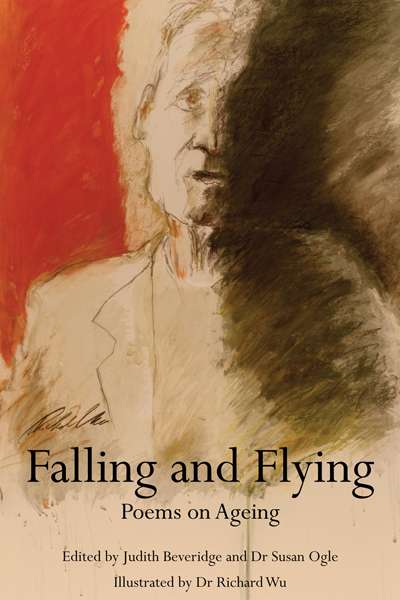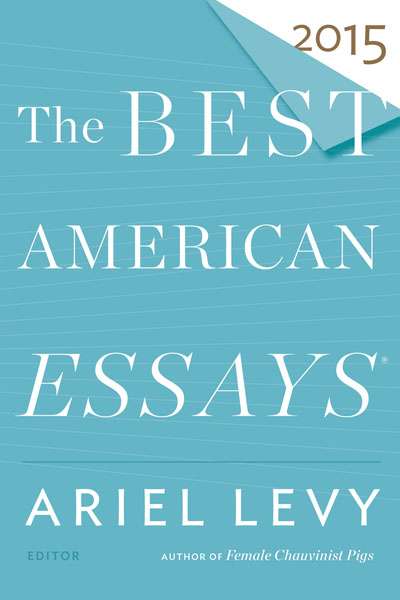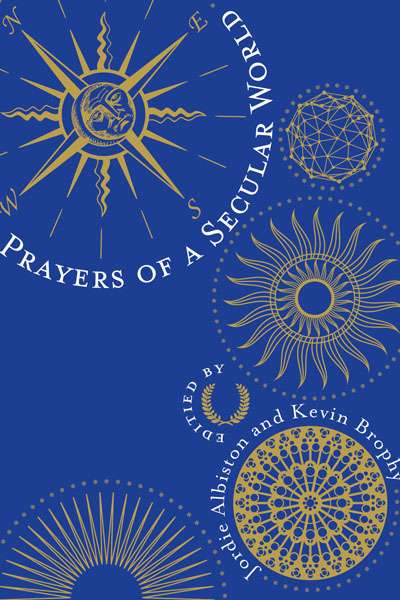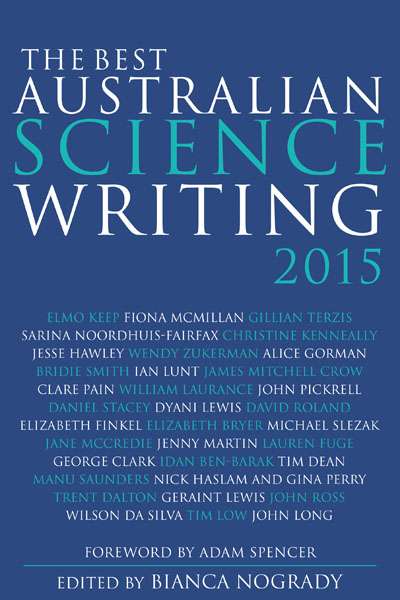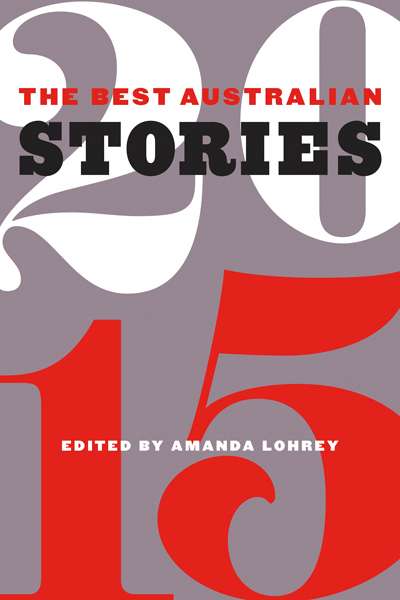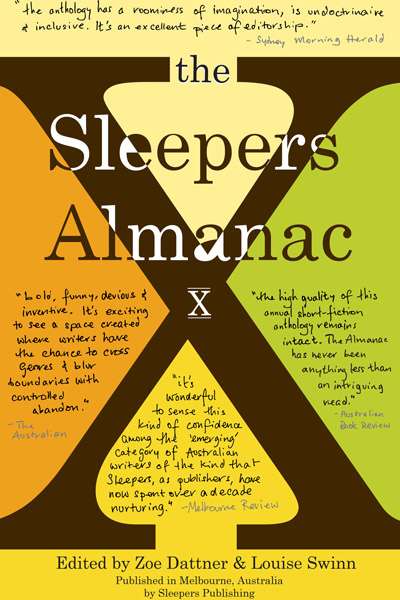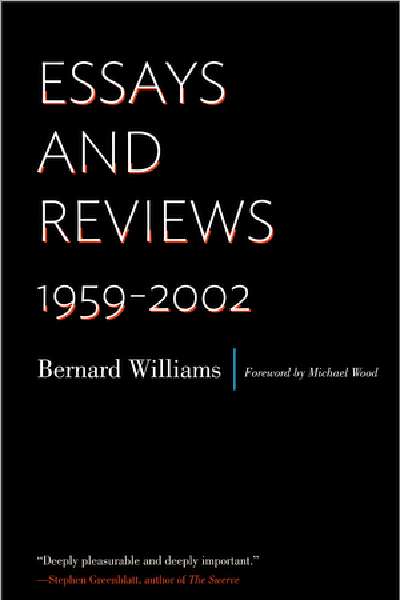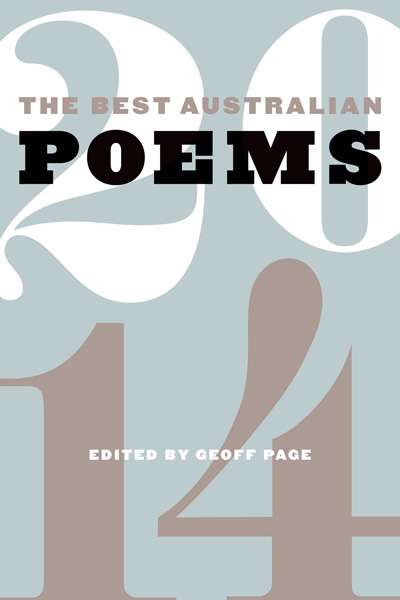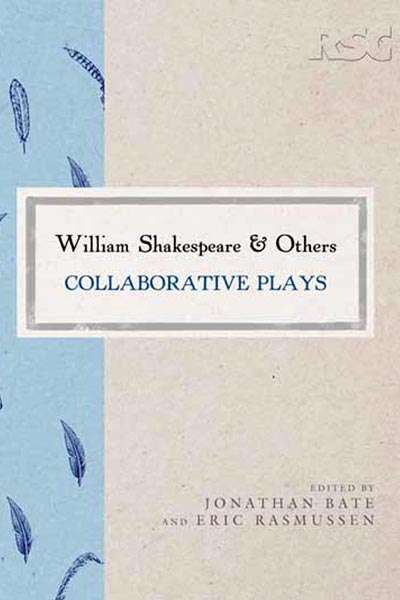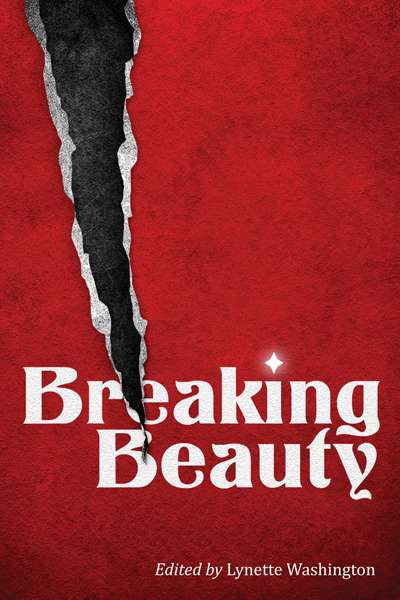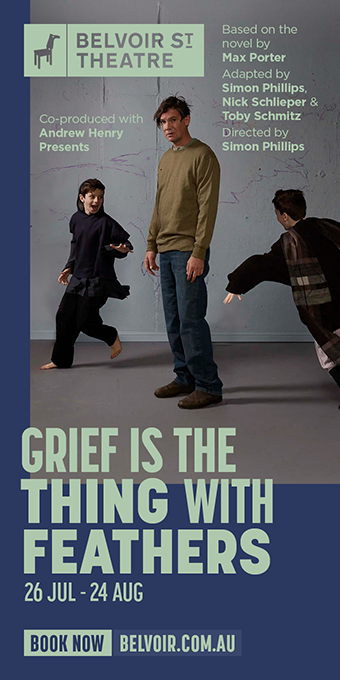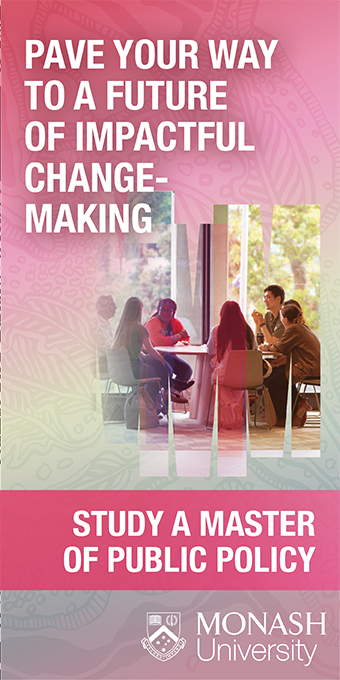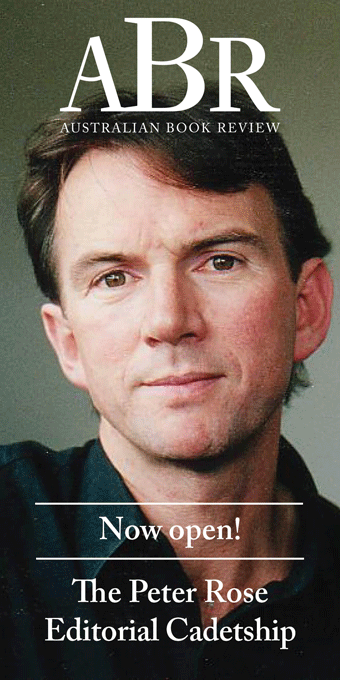Anthology
Falling and Flying: Poems on Ageing edited by Judith Beveridge and Susan Ogle
by David McCooey •
The Best American Essays 2015 edited by Ariel Levy & The Best Australian Essays 2015 edited by Geordie Williamson
by James McNamara •
Prayers of a Secular World edited by Jordie Albiston and Kevin Brophy
by Peter Kenneally •
The Best Australian Science Writing edited by Bianca Nogrady
by Danielle Clode •
The Best Australian Stories 2015 edited by Amanda Lohrey
by Josephine Taylor •
The Sleepers Almanac X edited by Zoe Dattner and Louise Swinn
by Jenni Kauppi •
The Best Australian Poems 2014 edited by Geoff Page
by Jennifer Strauss •
William Shakespeare and Others: Collaborative Plays edited by Jonathan Bate and Eric Rasmussen
by Ian Donaldson •


